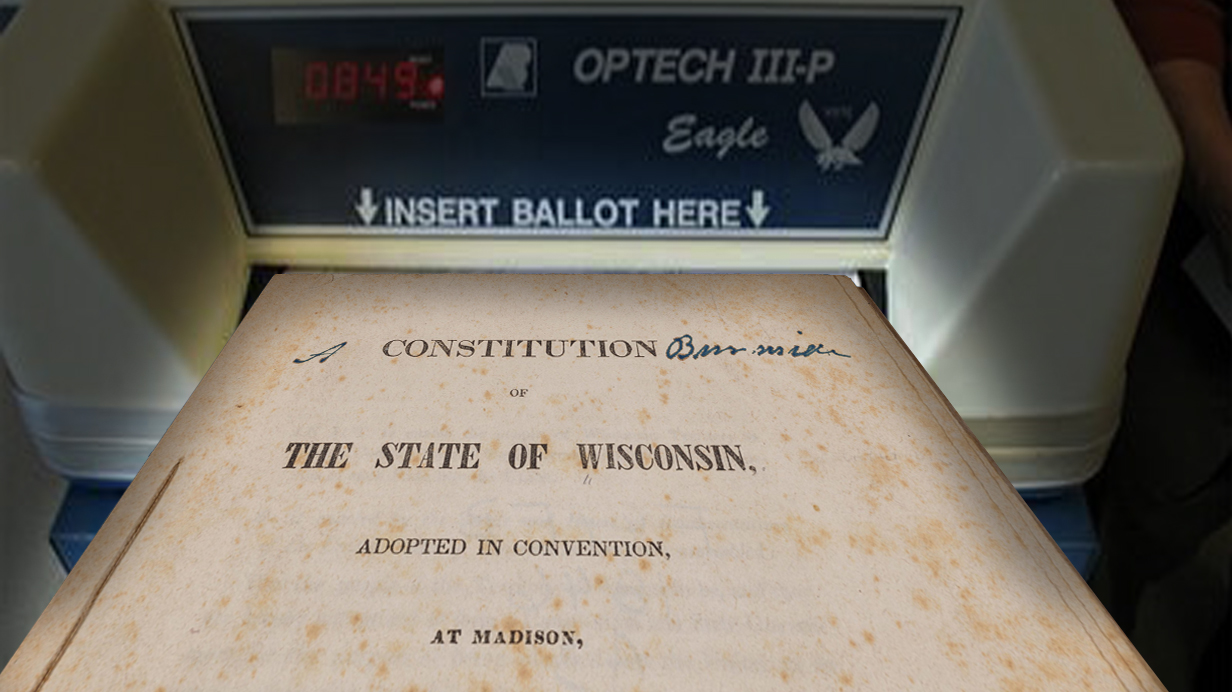By James Wigderson
Special Guest Perspective for the MacIver Institute
We tend to forget now just how dire was Wisconsin’s fiscal condition when Governor Scott Walker took office. The state not only had a structural deficit of over $3 billion, it had an immediate budget shortfall of $137 million.
Making matters worse, the state was required to pay back more than $200 million it had taken from the Injured Patients and Families Compensation Fund under Governor Jim Doyle. Wisconsin was also required to pay an additional $33.7 million to reimburse the fund for estimated lost investment earnings, interest expense paid by the medical malpractice fund, and the Wisconsin Medical Society’s attorney fees.
It could have been avoided. Doyle took the money from the medical malpractice fund to fill a hole in the 1997 state budget that had a structural deficit of $1.5 billion.
It was a classic case of a temporary fix that failed in the long term. By the time Doyle left office, the state had a $3.3 billion structural deficit, the aforementioned $137 current year budget shortfall, and was using $3.4 billion of one-time stimulus (ARRA) funding. If a state fails to bring it’s fiscal house in order, the one-time grabs just become additional annual holes to fill.
The Wisconsin Medical Society successfully sued in a case that reached the Wisconsin Supreme Court, arguing that medical providers gave the money for a specific purpose, compensating patients who were the victims of medical malpractice.
Most health care providers that operate or have permanent practices in Wisconsin are required to have primary malpractice coverage of $1 million for each incident and $3 million per policy year, and to participate in the medical malpractice fund by paying assessments that help to fund claims greater than these amounts. According to the Legislative Audit Bureau, “84.9 percent of the 13,975 health care providers participating in the Fund were physicians.”
The fund acts as a secondary insurer for medical malpractice cases and has paid out $807.8 million for 660 claims since the fund’s creation in 1975. Without the fund, medical malpractice insurance costs would go up for medical providers. This in turn means higher medical costs for everyone: patients, employers, and even local governments. That is what Doyle’s $200 million grab put in danger.
According to a recent report by the Legislative Audit Bureau, “The Fund’s financial position also has been significantly affected over the last five years by a $200 million transfer from the Fund to the State’s Medical Assistance Trust Fund required by 2007 Wisconsin Act 20.
“Largely due to the $200 million transfer, the Fund’s net asset balance declined 215.5 percent from $94.4 million as of June 30, 2007, to -$109.0 million as of June 30, 2009.”
So because of Doyle’s budgeting, the fund actually moved from a positive balance to a negative balance of over $100 million. This put injured medical patients at risk, as well as medical malpractice insurance costs. Poor budgeting is not compassionate budgeting.
Thanks to the budget reforms put in place by Walker when he took office, including the implementation of Act 10, Wisconsin was able to put the fiscal house in order. That meant the state was able to pay back the money owed to the medical malpractice compensation fund before additional penalties accrued.
In August 2011, the state paid $233.7 million from the general fund to the malpractice fund. As of June 30th, 2012, the Fund’s net asset balance was $361.3 million. The state was even able to fix the past wrongs and now the fund’s financial position has “improved significantly” over the last three years, according to the Legislative Audit Bureau.
Just as we are seeing the benefits of Act 10 in other areas of the state budget, we’re also seeing that bringing Wisconsin’s fiscal house in order means that the state is able to meet it’s financial obligations without putting the state’s medical malpractice fund at risk. As we enter the next budget cycle, legislators should remember the lessons of the medical malpractice fund raid and it’s consequences. It’s far better to focus on long-term solutions than one-time fixes that only lead to more trouble later.




